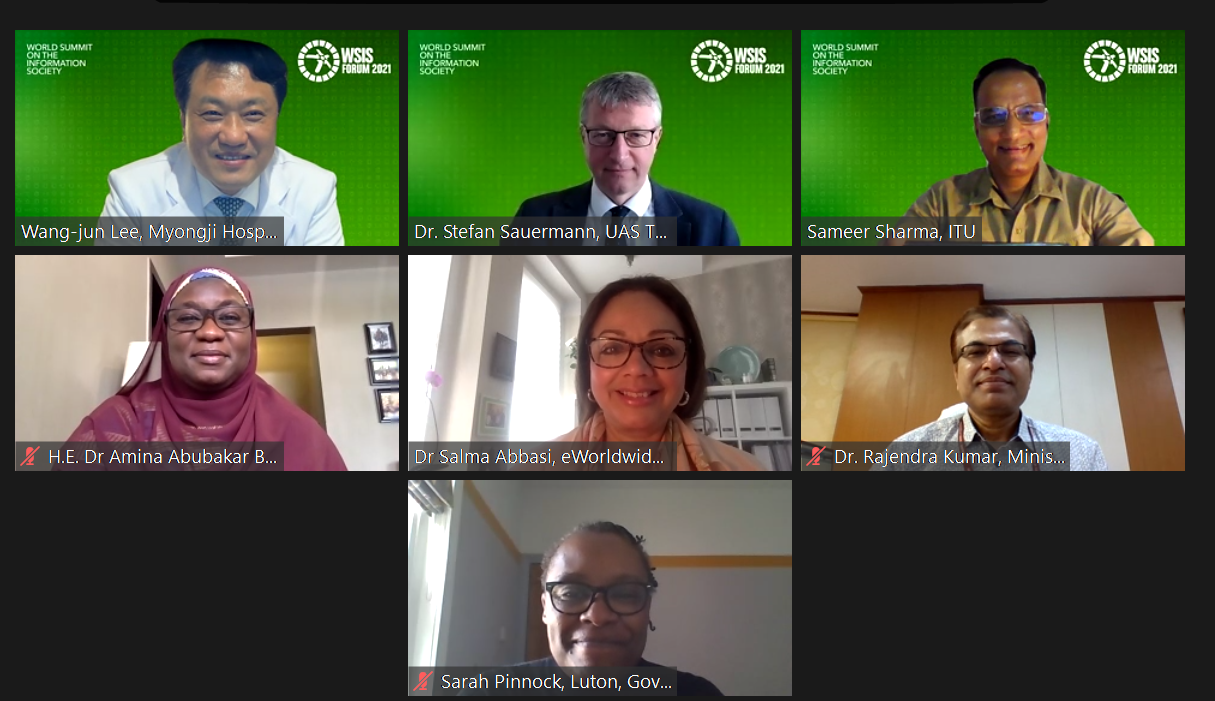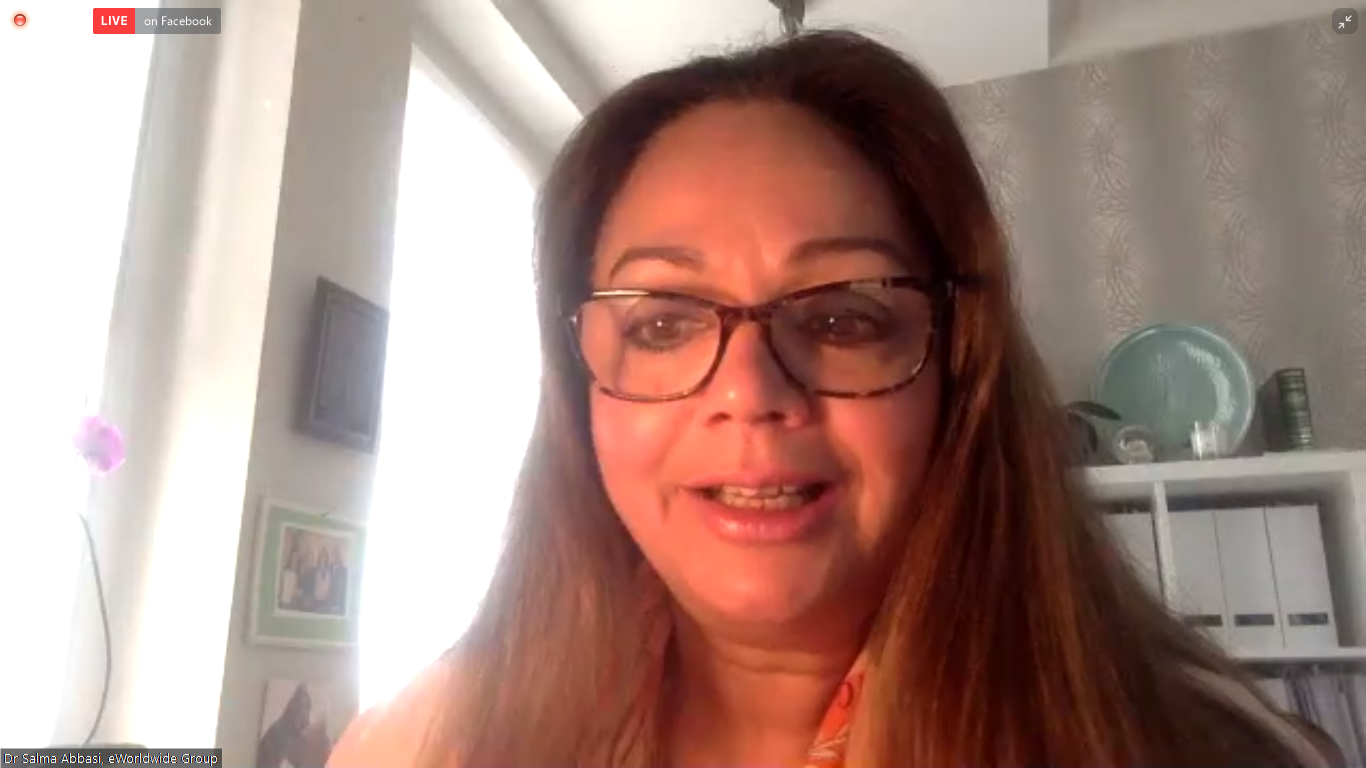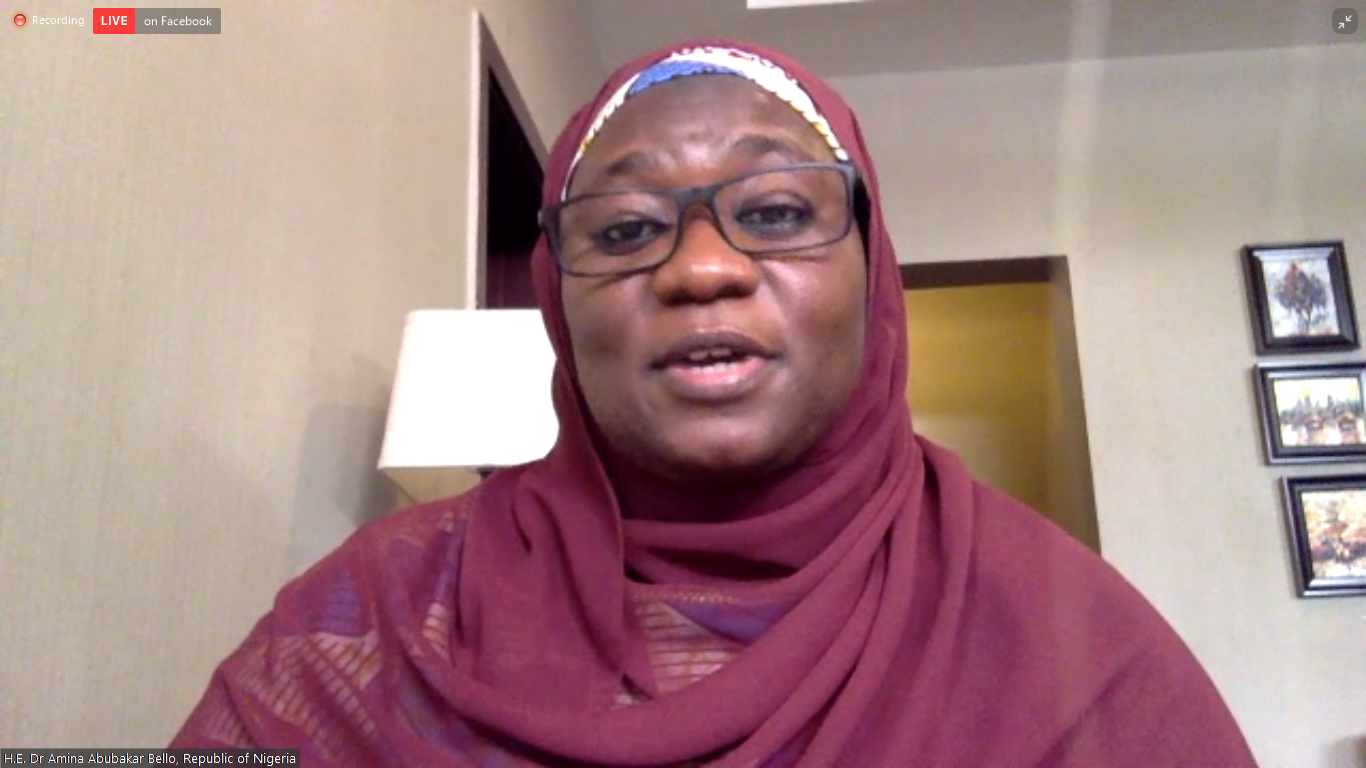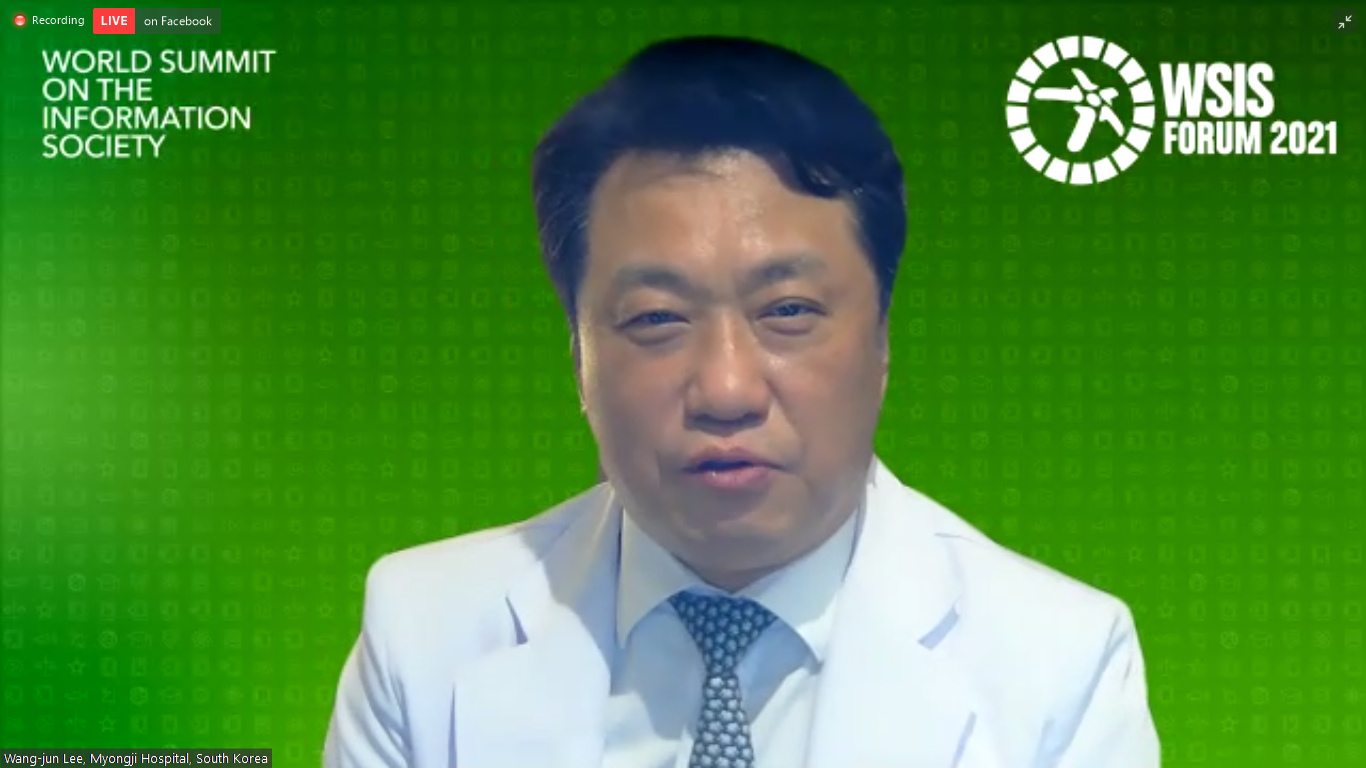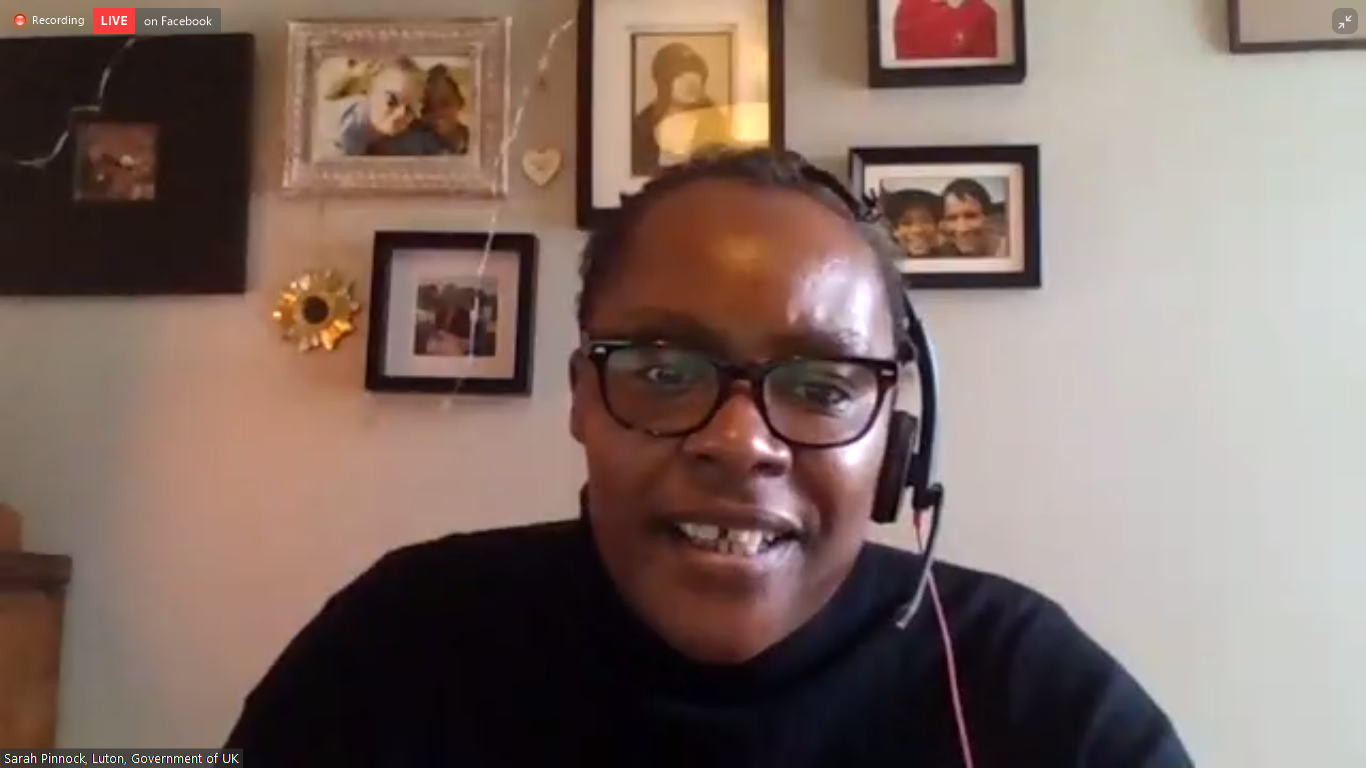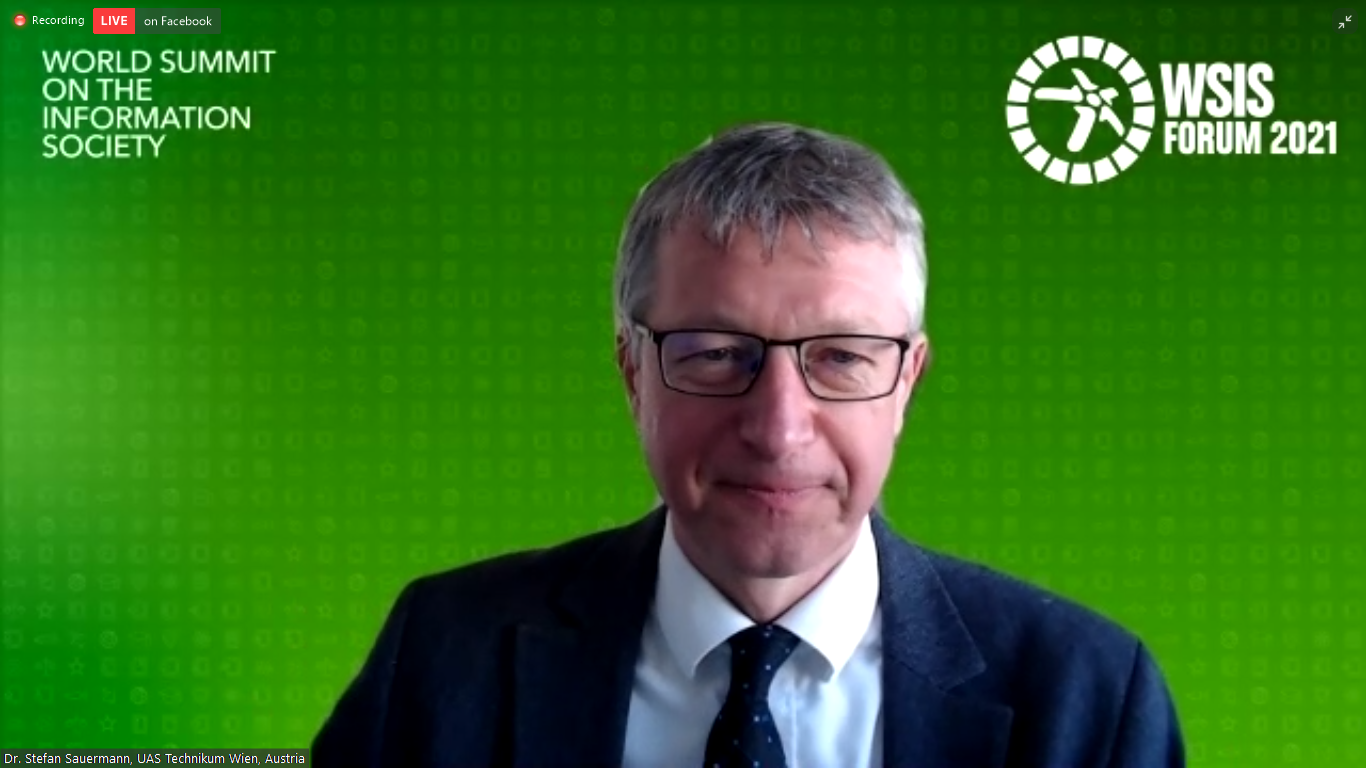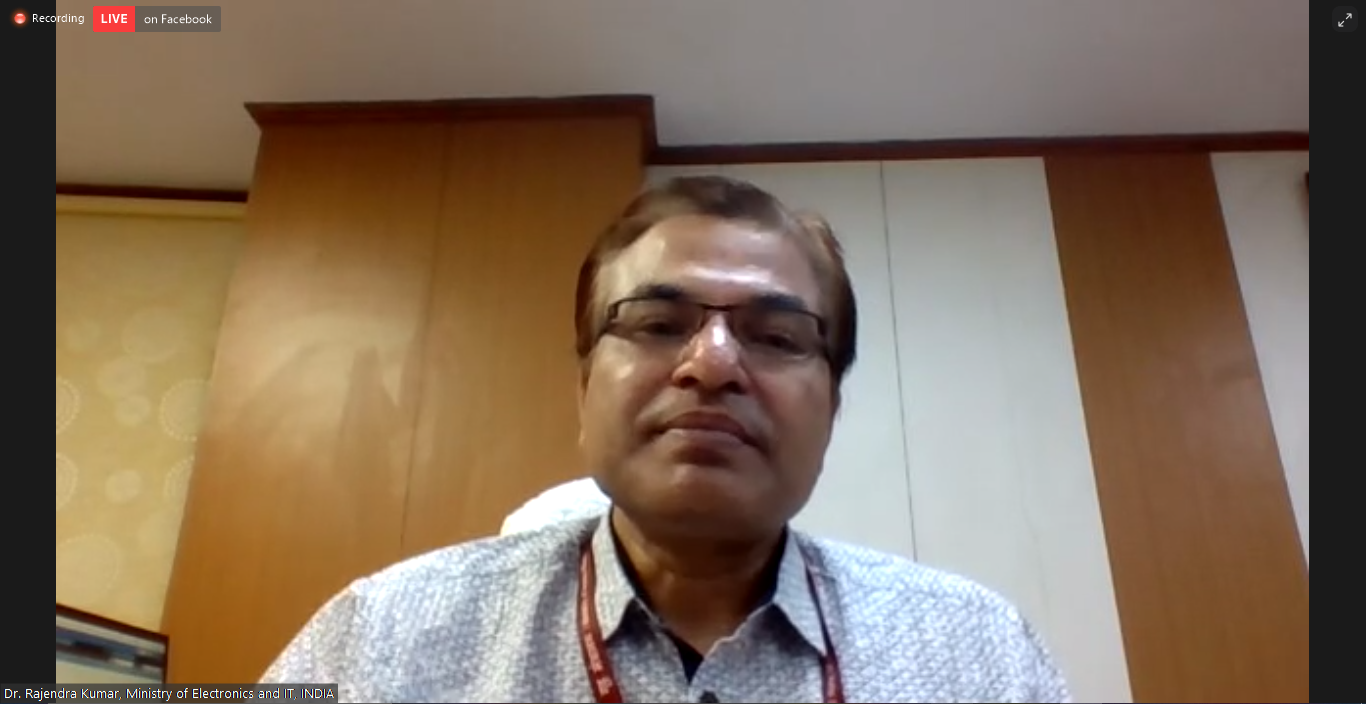Digital Resilience for COVID-19 Mitigation, Response and Recovery – Practical Lessons Learned
eWorldwide Group
Session 301
Digital Resilience for COVID-19
Digital resilience has recently been elevated to a global priority for governments, businesses, development agencies and society at large, due to the vital and versatile role technology is playing to support COVID-19 response and recovery. In this new reality, resilience building is fundamental as disruptions and uncertainties will increase in frequency and magnitude due to future public health crises, climate-related disasters and geopolitical events.
Resilience can be defined as the ability of nations, communities, organizations and individuals to withstand, recover from, adapt to, and potentially transform amid change and uncertainty. Resilience includes looking at the ability to “bounce back better” or “bounce forward” by improving the physical, economic, social, political and environmental conditions during the recovery process to further strengthen resilience and agility.
This pandemic has further marked the indispensability of new technologies as a lifeline for individuals and organizations. These technologies serve as an essential force in curbing the spread of COVID-19 and accelerating research in treatments and vaccines. At the same time, the pandemic has clearly exposed the inequalities in access to digital technologies, as well as major technological challenges that have yet to be addressed. Around the world, women, senior citizens, persons with disabilities, ethnic minorities, indigenous groups, migrants, refugees, internally displaced people and poor people are disproportionately devoid of access to digital technologies.
This session will highlight the urgent need for governments to holistically create digital resilience playing close consideration to the multiple dimensions, which address interoperable infrastructure, operating models and processes, particularly examining data privacy, security and safety between the cloud and earth. The international speakers will provide a unique insight into their enabling policies, innovative operations and collaborations that have provided resilience through the pandemic for areas such as food systems; test, track, trace and treat, ecommerce and business continuity, remote education systems and human resilience.

Dr. Salma Abbasi is the Founder, Chairperson and CEO of the eWorldwide Group, an international social enterprise focusing on innovation, sustainable development and security, working with Governments and Development agencies to achieve the SDGs. A former Senior Vice President, Chief Quality Officer for Lucent Technologies, she has over 35 years’ experience in the field of technology, innovation and customer centric design.
Dr. Abbasi is a graduate of Civil Engineering (BSc), Electrical Engineering (MSc) and a PhD in Information Communication Technology (ICT) for Development. This diverse engineering and technology background has given Dr. Abbasi a unique foundation to innovatively resolve complex problems at both the strategic and tactical levels, in the Public and Private Sectors.
In addition, Dr Abbasi is activity engaged as an Advisory Board member for several international organizations, focusing in the space of innovation, development, education and cyber resilience.
She is also a member of a series of UN and IEEE committees, contributing to the development of new policies, industry standards and guidelines in the broader context of online safety, internet addiction from social media, gaming and gambling and ethical AI for humanity and social good.
As Chairperson of the eWorldwide Group for 19 years, Dr. Abbasi is using her vast international experience and knowledge, along with her global network to leverage best practices to develop unique multi-sector, multi-stakeholder partnerships and engagements. She has successfully created strategies initiatives that integrate policies, stakeholders and promote innovations focusing on ‘win-win’ scenarios, thus laying the foundation for inclusive and sustainable knowledge economies, which in turn holistically drive the Sustainable Development Goals (SDGs).
Most recently, Dr Abbasi has developed a robust agriculture transformation initiative, powered by innovation and ICTs which is creating resilience, reducing avoidable deaths and addressing food security at the grassroots level across the rural farming communities. This has dramatically impacted the poorest of the poor, disrupting embedded power structures, while nurturing a new generation of agric. entrepreneurs, technopreneurs and SMART village clusters across the entire ecosystem, resulting in local economic growth.
She advocates ‘The only way to develop a truly resilient knowledge economy is to engage and equip local start-ups, entrepreneurs, SMEs, and MSMEs with holistic capabilities through ‘right skilling’, while promoting digitization, the green economy, social entrepreneurship and innovative financing, to create the foundation for sustainable and inclusive socio-economic development’
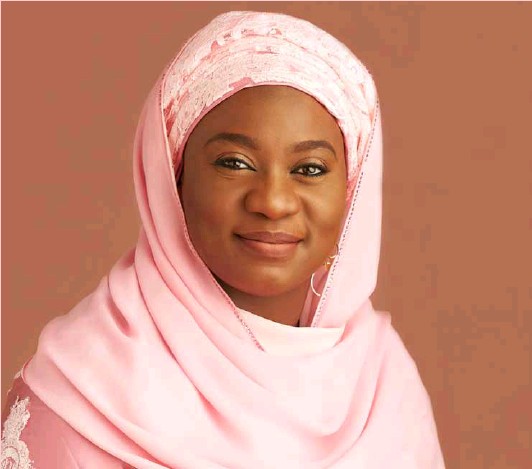
Dr Amina Abubakar Bello is a consultant Obstetrician and Gynaecologist with a Master’s degree in public health and an advocate for the reproductive health rights of women.
She is the wife of the Niger State Governor and the founder of Raise Foundation; a nongovernmental organization whose vision is of a Nigerian where no woman dies from pregnancy related causes. Her work at the foundation has led her to become intimately involved with the plight of women with varying reproductive health issues especially women with obstetric fistula (VVF), Breast and cervical cancer. The treatment and rehabilitation of women with VVF is one of the main maternal health interventions her foundation is currently involved in.
In the last three years, her foundation has treated over one hundred women with VVF across the 3 senatorial zones of Niger State which has been instrumental to the integration of these woman back into the society. She is currently planning a centre dedicated to the treatment and prevention of fistula in the state in collaboration with the State government and the Federal Ministry of Health. She provides free birth kits to women in a bid to improve antenatal care attendance and deliveries in the primary health care centres as a way of curbing the complications from home deliveries.
In addition to her work on maternal health, she is involved in empowerment schemes for women and spends considerable time mentoring young girls as part of her girl-child education intervention

Rezwanul Haque Jami forwarded his career in technology and the IT field as the first module developer in Bangladesh to an avid Web developer and designer by the late 1990s. He is actively involved in enhancing the country’s foray into e-commerce, particularly engaging the rural economy in the digital market. His pioneer rural e-commerce service has paved the way for the development of technical capabilities among the rural population.
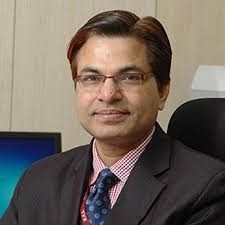
Dr. Rajendra Kumar is a senior officer in the Indian Administrative Service (I.A.S.) and is currently working as the Additional Secretary, Ministry of Electronics and IT (MeiTY) in the Government of India. In his current capacity, he is leading the policy formulation and implementation of various schemes under the Digital India, e-governance, data governance and cyber security domains in the country.
Prior to his current assignment, he was the Principal Secretary, Micro, Small and Medium Enterprises (MSME) Department in the Government of Tamil Nadu, where he led the implementation of various government schemes for start-ups and MSMEs in the state. Earlier, he also served as the Principal Secretary/Industries Commissioner and Director of Industries and Commerce, where he led the initiative for creating a Single Window Portal for MSME entrepreneurs in the state for obtaining all approvals online for starting an enterprise. Under his leadership, all the Government schemes in the state for the MSMEs have been made online for the benefit of the entrepreneurs. Earlier, as the CMD of ELCOT, he led the ICT infrastructure, e-governance, ICT procurement and IT industry promotion activities within the state.
He has also worked as the Joint Secretary (e-Governance) in the Ministry of Electronics and Information Technology (MeitY), Government of India. In MeitY, he led the entire Digital India, e-governance and technology development for Indian languages initiatives at the national level and was responsible for the overall conceptualization and implementation of the flagship Digital India Programme and the National e-Governance Plan (NeGP). He also conceptualized and implemented several major e-governance initiatives in the country, which included the Mobile Seva project aimed at bringing all government services on the mobile platform, E-Pramaan for electronic authentication of all users of e-governance services, and localization aimed at promoting the usage of Indian languages in e-governance and mobile based services. Prior to his stint in the Government of India, he held senior positions in district administration and state government in Tamil Nadu.
Dr. Kumar has received a number of academic and professional awards at national and international levels during his career. During February 2020, he received the national award from the Ministry of MSME, Government of India for Tamil Nadu being ranked as the third best state in India in implementing policies for the MSME sector. During November 2019, he received the national award for the Entrepreneurship Development and Innovation Institute of Tamil Nadu (EDII-TN) being adjudged as the best government institution for promoting entrepreneurship in India by the Ministry of Skill Development and Entrepreneurship, Government of India. During April 2019, he received the Best State Award for the Commissionerate of Industries and Commerce, Government of Tamil Nadu from the Department of MSME, Government of India in two categories for outstanding performance by the Micro and Small Enterprises Facilitation Councils (MSEFCs) in the state. Earlier, he received the UN Public Service Award in 2014 for the Mobile Seva project conceptualized and implemented by him.
Dr. Kumar holds a Ph.D. in international economic development and regional planning and an MCP from the Massachusetts Institute of Technology, USA, an M.Tech in Management and Systems from the Indian Institute of Technology in Delhi, and a B.Tech in Civil Engineering from the Indian Institute of Technology in Kanpur. He has published a book and several papers in international journals

Dr. Lee is one of the most influential person in the Korean healthcare sector. He is chairman and CEO of Myong-Ji Medical Foundation, and running two more acute hospitals and 3 LTC facilities. Also, he is CEO of Korea’s most influential healthcare news & publishing company, ‘The Korean Doctors' Weekly’, founded in 1992.
He is one of the leading NGO activists in the medial aid area for migrant workers in Korea, now serves as vice chairman of the Migrant Health Association in Korea.
As an Executive Chairman of international affairs of the Korean Hospital Association, he is in charge of general secretary of the Korea Healthcare Congress, which is top healthcare related annual congress in Asia.
He is a chairman of Asia-pacific Oncolytic Virus Therapy. Dr. Lee graduated from Seoul National University, College of Medicine. He achieved board of surgery in Seoul National Univ. Hospital. He was awarded a Ph.D. degree from the same University.

Senior local authority and community development specialist with 25 + years of local government experience. Currently working within the UK Government Prevent arena with 14 + years strategic specialism in CVE, commissioning and designing implementable programmes alongside the NGO sector, research academics and law enforcement agencies. Sarah has participated in both European and international solution building dialogues and panels relating to CVE. Current attention is on the human and digital implications of radicalisation and extremism in the post Pandemic era.
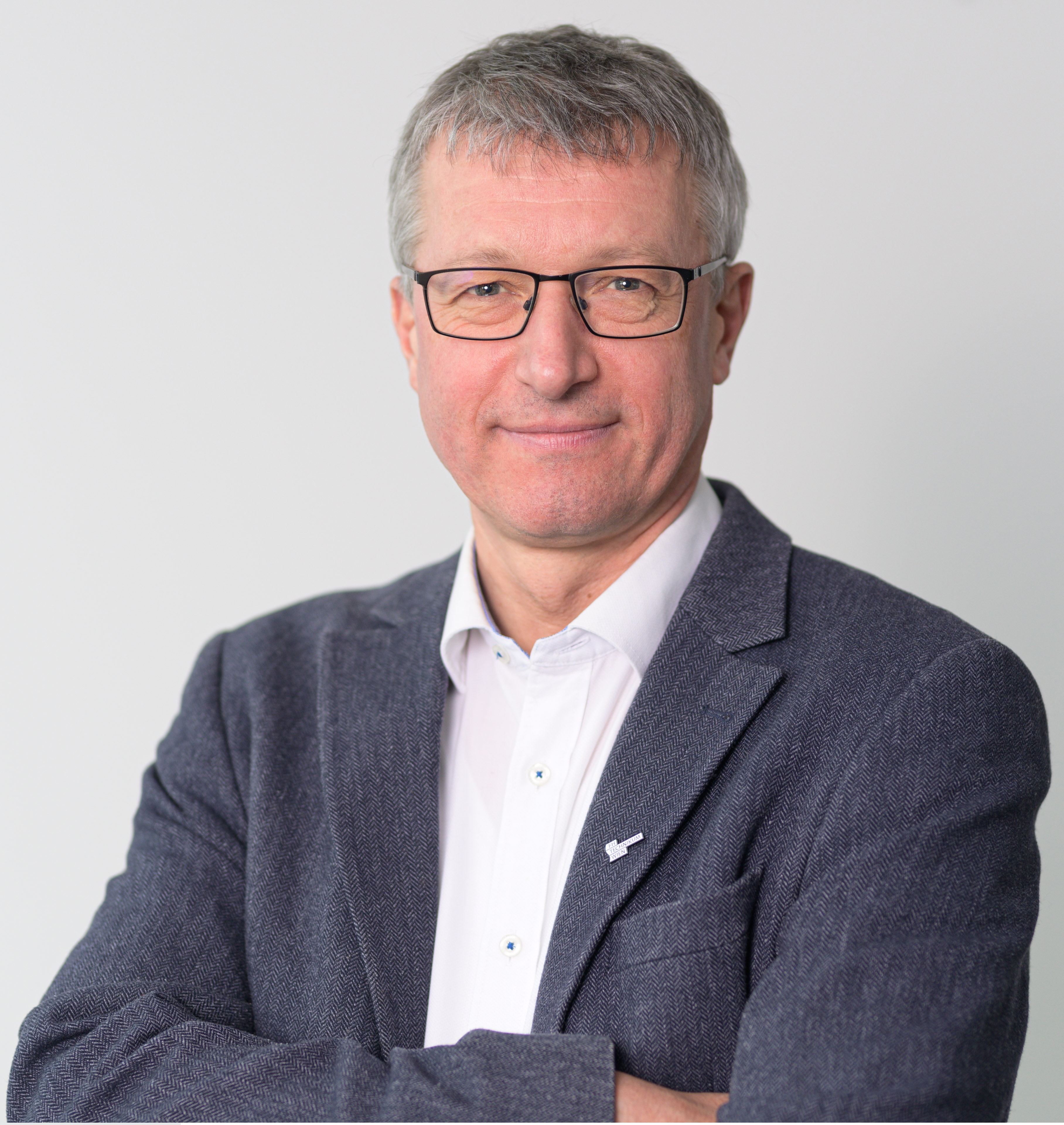
FH-Prof. DI Dr. Stefan Sauermann started as a researcher at the Medical University of Vienna, Austria (Department for Biomedical Engineering and Physics). He published on acquisition, analysis, reporting and management of biosignals in the field of electrostimulation.
In 1999 he started as a lecturer at University of Applied Sciences Technikum Wien (UAS TW) and in 2011 as Program Director of the Biomedical Engineering Sciences Master degree study program. He is Key Researcher in the Research Focus “Secure Services, eHealth & Mobility” at UAS TW and Scientific Coordinator for the “Biomedical Engineering and eHealth” group in the “Department for Biomedical, Health and Sports Engineering” at UAS TW. He is active in national and international projects, connected to the implementation of the electronic healthcare record in Austria (ELGA), and generally in the fields of interoperability and standards for telemonitoring and eHealth.
From 2003 to 2015 he was chair of the “Austrian Standards Institute” committee “Medical Informatics”, a mirror to ISO TC215 and CEN TC 251. He is also contributing to standardization within IEEE, HL7 and as founding member of IHE Austria. As moderator of the workgroup “Interoperability – Standards” in the Austrian e-Health Initiative (eHI) of the Austrian Ministry of Health and Women he contributed to the recommendations on IT interoperability for the Austrian healthcare system from 2005 on.
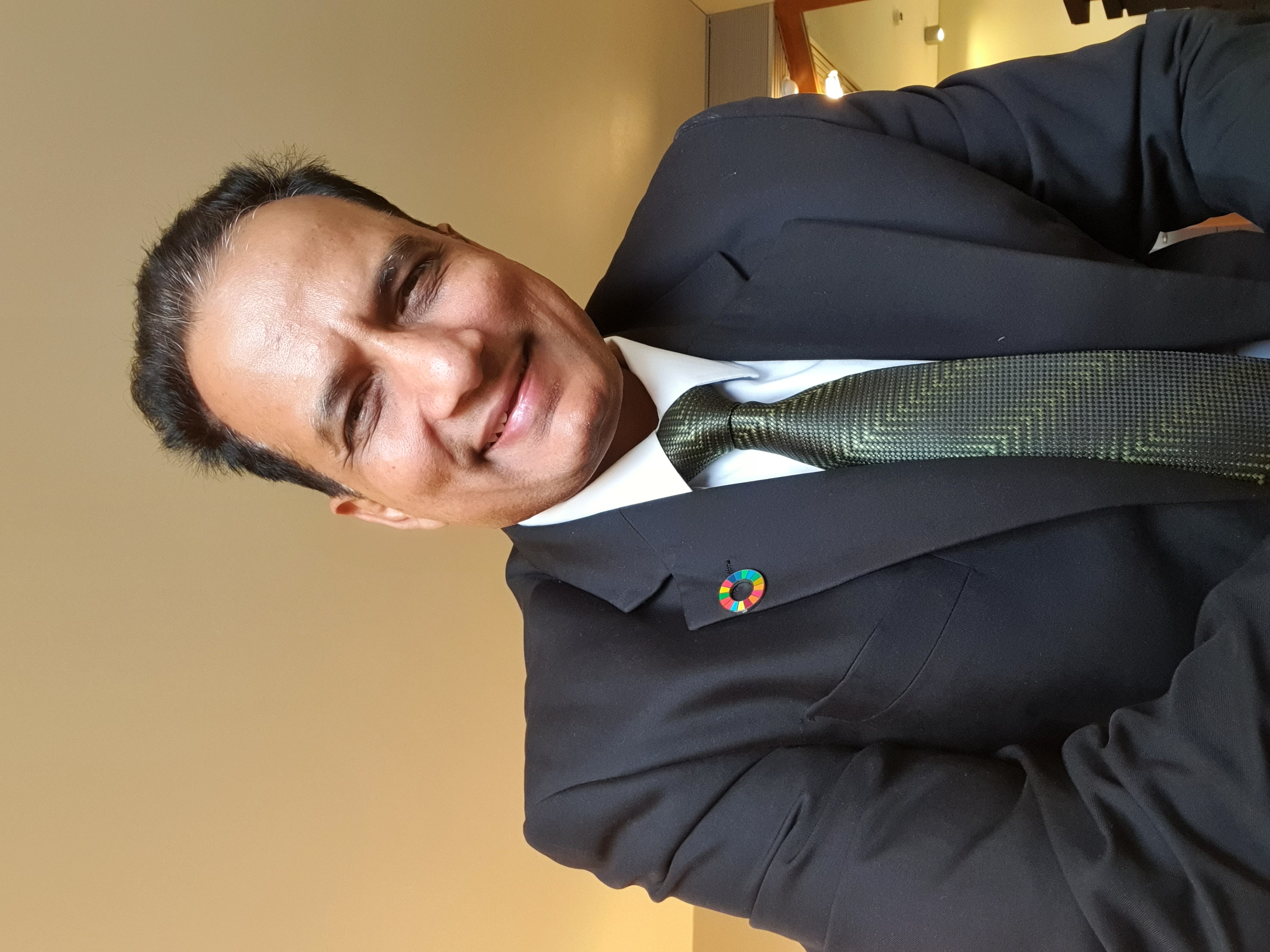
With the focus of achieving the United Nations Agenda for Sustainable Development, Mr. Sharma is responsible to the ITU Member States, Sector Members and Academia in the South-Asia region to develop the digital economy through Digital Transformation using ICTs.
Mr. Sharma is regional lead on Cybersecurity and his role includes developing National Cybersecurity Strategies, establishment of CIRT and Child Online Protection (COP) framework. He is also regional lead on E-Waste to assist Member States to take advantage of the opportunities of ICTs to address the challenges linked to climate change the region.
Mr. Sharma’s technical experience includes migration of legacy networks to Next Generation Networks, Conformance and Interoperability, Type Approval, Interactive Terrestrial Transmission Map, National Broadband Policy frameworks and Wireless Broadband Master Plans, IoT, IMT/5G and bridging the standardization gap.
Prior to ITU, Mr. Sharma has worked as an Advisor for the Malaysian Communications and Multimedia Commission (MCMC), General Manager for Celcom, Malaysia and Director, Telecom Regulatory Authority of India (TRAI). He also has an extensive experience working in the Television and Radio broadcasting industry. Mr. Sharma holds an MBA in Telecom Management and Bachelor of Engineering in Electronics and Communications (Honors)
-
 C1. The role of governments and all stakeholders in the promotion of ICTs for development
C1. The role of governments and all stakeholders in the promotion of ICTs for development
-
 C2. Information and communication infrastructure
C2. Information and communication infrastructure
-
 C3. Access to information and knowledge
C3. Access to information and knowledge
-
 C5. Building confidence and security in use of ICTs
C5. Building confidence and security in use of ICTs
-
 C6. Enabling environment
C6. Enabling environment
-
 C7. ICT applications: benefits in all aspects of life — E-government
C7. ICT applications: benefits in all aspects of life — E-government
-
 C7. ICT applications: benefits in all aspects of life — E-business
C7. ICT applications: benefits in all aspects of life — E-business
-
 C7. ICT applications: benefits in all aspects of life — E-learning
C7. ICT applications: benefits in all aspects of life — E-learning
-
 C7. ICT applications: benefits in all aspects of life — E-health
C7. ICT applications: benefits in all aspects of life — E-health
-
 C7. ICT applications: benefits in all aspects of life — E-employment
C7. ICT applications: benefits in all aspects of life — E-employment
-
 C7. ICT applications: benefits in all aspects of life — E-agriculture
C7. ICT applications: benefits in all aspects of life — E-agriculture
-
 C10. Ethical dimensions of the Information Society
C10. Ethical dimensions of the Information Society
-
 Goal 1: End poverty in all its forms everywhere
Goal 1: End poverty in all its forms everywhere
-
 Goal 2: End hunger, achieve food security and improved nutrition and promote sustainable agriculture
Goal 2: End hunger, achieve food security and improved nutrition and promote sustainable agriculture
-
 Goal 3: Ensure healthy lives and promote well-being for all
Goal 3: Ensure healthy lives and promote well-being for all
-
 Goal 4: Ensure inclusive and equitable quality education and promote lifelong learning opportunities for all
Goal 4: Ensure inclusive and equitable quality education and promote lifelong learning opportunities for all
-
 Goal 5: Achieve gender equality and empower all women and girls
Goal 5: Achieve gender equality and empower all women and girls
